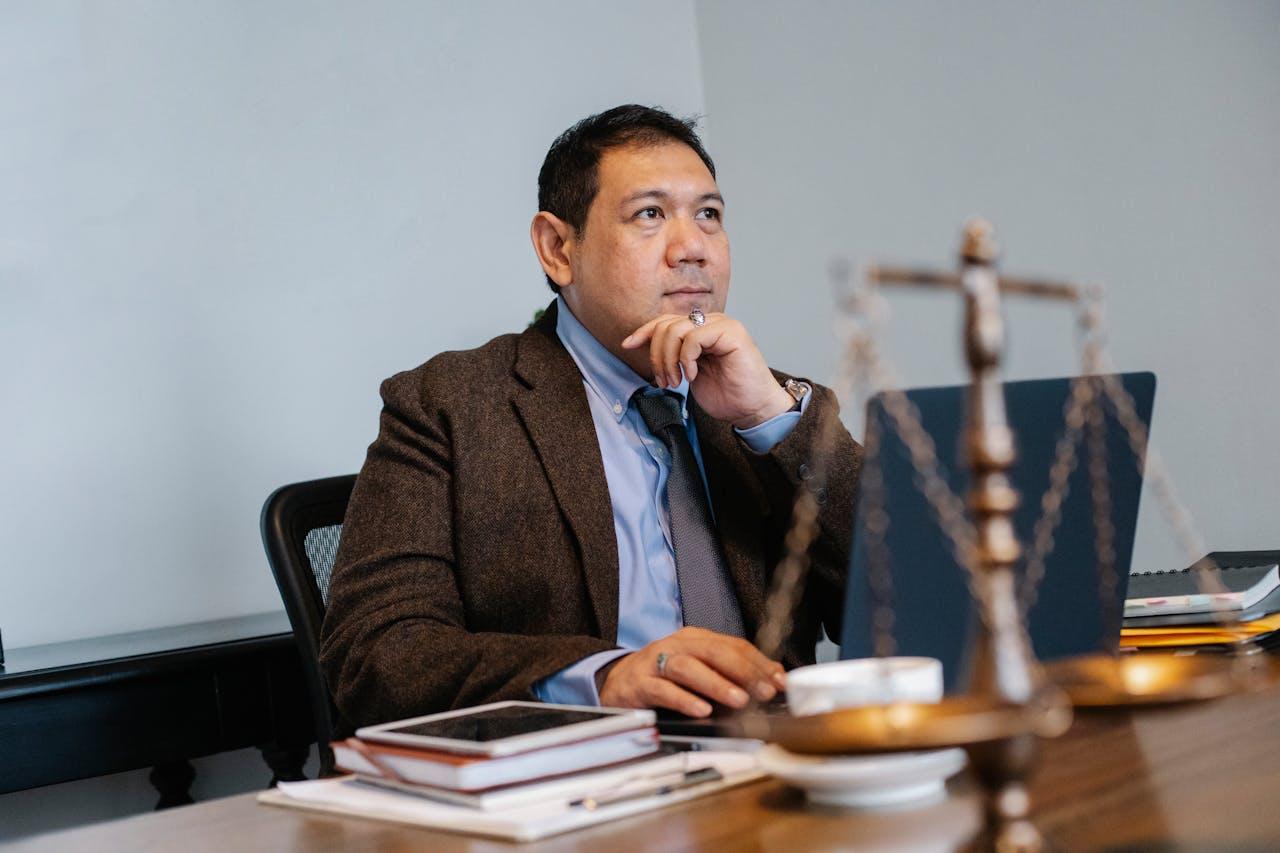

In the hallowed halls of justice, the pursuit of impartiality is paramount. When adjudicating court cases, the sanctity of impartial decision-making serves as the bedrock of a fair and equitable legal system. However, attaining impartiality is a difficult task that requires a careful balance of judgment, objectivity, and procedural fairness. The pursuit of impartiality becomes very important throughout the trial process because it guarantees that justice is administered without fear or favor. Let’s delve into the intricacies of reaching an impartial decision for a court case, unraveling the methods and principles that underpin this noble endeavor.
At the heart of impartial decision-making lies the meticulous scrutiny of evidence. Your primary responsibility as a judicial decision-maker is to go through the labyrinth of testimonies, documents, and paperwork in order to separate fact from fiction. Each piece of evidence must undergo rigorous scrutiny, subjected to the crucible of cross-examination and forensic analysis. With a thorough assessment of each piece of evidence’s probative value, relevance, and believability, you may piece together the facts that support your choice. Remember that the evidence is your lighthouse in the pursuit of impartiality, showing the way to a fair and just conclusion.
Within the field of jurisprudence, legal precedent serves as the foundation for the structure of justice. Your responsibility as a judicial decision-maker is to make decisions that affect not only specific cases but also the larger body of precedents and legal concepts. You can guarantee uniformity, predictability, and equity in the administration of law by basing your judgment on well-established legal concepts and precedents.
Every precedent acts as a lighthouse of direction, shedding light on the boundaries of legal interpretation and directing the course of your decision. You pave the way for impartiality by closely examining precedents and jurisprudential tendencies; this approach is based on the revered traditions of legal study and judicial knowledge.
Making decisions impartially requires thought and reasoning, and it’s not just a mechanical procedure. Making decisions as a judge requires reflection and a sober, thoughtful assessment of the advantages and disadvantages of opposing viewpoints. Each decision has wider repercussions, consequences, and implications that should be carefully considered. By fostering an environment of deliberative reflection, you transcend the limitations of personal biases and preferences, embracing the mantle of impartiality with gravitas and sagacity.
Procedural fairness is the cornerstone of impartial decision-making in the temple of justice. Your responsibility as a judicial arbitrator goes beyond resolving conflicts to uphold procedural justice and honesty. Every procedural protection, such as the due process concept and the right to a fair trial, defends against the possibility of arbitrary and capricious decisions. You preserve the integrity of the judicial system and make sure that justice is not only served but is also seen to be served by scrupulously following procedural rules and guidelines. Remember that procedural fairness serves as a sentinel against the intrusion of injustice and tyranny in the quest for impartiality.
Collegial discourse and intellectual interchange provide the perfect environment for impartial decision-making. In order to make decisions as a judicial decision-maker, you must adopt a collaborative deliberation attitude and interact with colleagues in an intellectually stimulating and respectful manner. Every opposing position and differing point of view adds richness to the fabric of judicial discourse by encouraging spirited discussion and thoughtful contemplation.
Collegial discourse allows you to overcome the constraints of individual viewpoints and use the judiciary’s collective understanding to make unbiased conclusions. Remember, in the arena of judicial deliberation, collegiality serves as the catalyst that ignites the flame of impartiality, illuminating the path toward equitable justice.
In the pursuit of impartial decision-making, the testimony of expert witnesses assumes paramount significance. Expert witnesses bring specialized knowledge and expertise to bear upon complex legal issues, offering insights and perspectives that transcend lay comprehension. Through the use of expert evidence, you can improve your comprehension of complex details and subtleties, adding academic depth and scientific rigor to your decision-making process. Find an expert witness service to identify and enlist professionals whose expertise aligns with the intricacies of your case. Their testimony can serve as the lodestar that guides your decision towards impartiality, ensuring that justice is served with clarity and precision.
In the labyrinthine landscape of legal adjudication, the pursuit of impartiality stands as a beacon of hope, guiding judicial decision-makers toward the shores of justice and equity. Through meticulous evidentiary scrutiny, adherence to legal precedents, deliberative reflection, fostering procedural fairness, engaging in collegial dialogue, and leveraging expert testimony, courts can navigate the complexities of litigation with grace and discernment.
If you’re an international student, you might want your degree to provide you with stability…
Discover practical tips to elevate your summer barbecues with great food, fun games, and a…
Discover legit methods for how to make money playing video games. Explore esports, streaming, content…
Confused about how many steps daily are needed for good health? Forget the 10,000 myth…
Discover legitimate highest paying online surveys and learn strategies to actually earn worthwhile rewards for…
When it comes to keeping your home comfortable while minimizing energy costs, the roofing material…